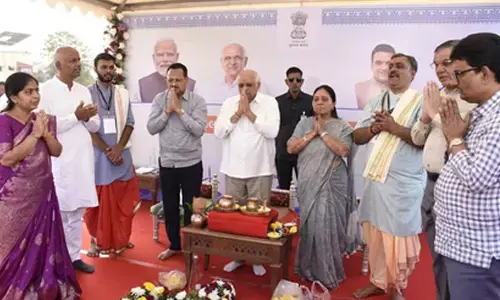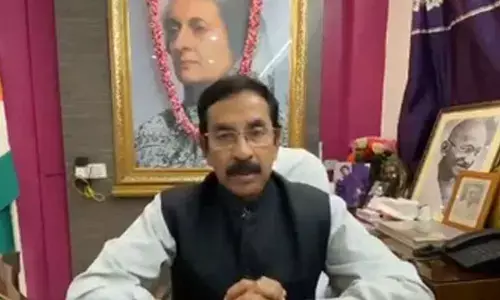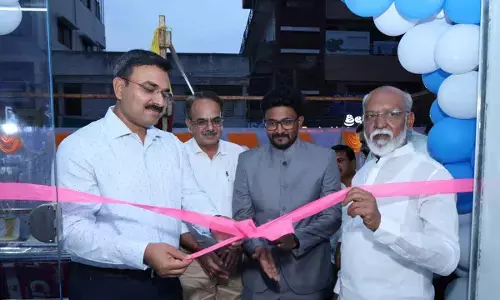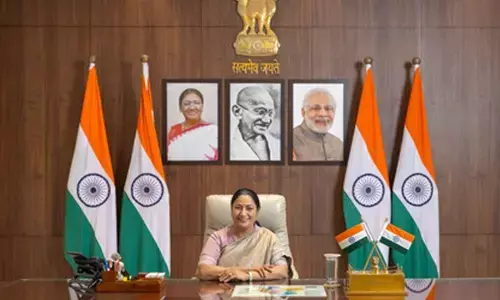Content having profanities, swear words cannot be regulated by criminalising it: SC
Share :
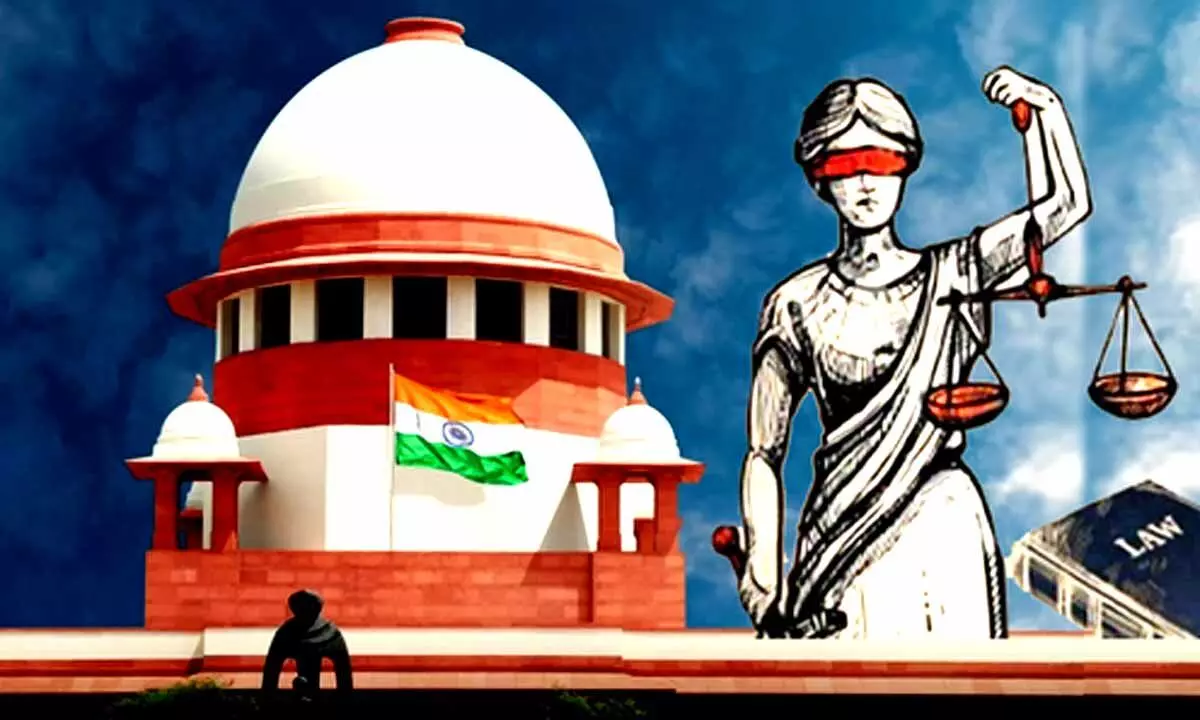
Supreme Court of India
Apart from being a non-sequitur, it is a disproportionate and excessive measure that violates freedom of speech, expression, and artistic creativity, the judgement said.
Availability of content having profanities and swear words on social media and OTT platforms cannot be regulated by ''criminalising it as obscene'', the Supreme Court said on Tuesday while quashing an FIR lodged against TVF and others for alleged obscenity in a web series.
The top court set aside the Delhi High Court verdict of March 6, 2023, by which it had upheld an order of the Additional Chief Metropolitan Magistrate (ACMM) asking the Delhi Police to register an FIR in connection with an episode in web series, 'College Romance', against TVF, the show's director Simarpreet Singh and actor Apoorva Arora under the Information Technology Act.
The apex court noted that the high court had taken the meaning of the language in its literal sense, outside the context in which such expletives have been spoken, and the order was a ''disproportionate and excessive measure that violates freedom of speech, expression, and artistic creativity''.
"We are of the opinion that the High Court was not correct in its conclusion that the web series has obscene content and that therefore the provisions of Section 67 of the IT Act are attracted.
"No offence of publication or transmission of any material in electronic form, which is obscene, lascivious, or appealing to prurient interest, and/or having the effect of tending to deprave and corrupt persons, as provided under Section 67 of the IT act, is made out," the bench comprising justices AS Bopanna and P S Narasimha said in the judgement.
"We allow the appeals against the judgment of the High Court ...and set aside the judgment of the High Court, and quash FIR registered at Police Station Mukherjee Nagar, Delhi dated April 16, 2023, under Sections 67 and 67A of the IT Act against the appellants," the bench said.
The top court analysed the key issue of whether the use of expletives and profane language in the titles and content of the episodes of the web series 'College Romance' constituted an offence of publication and transmission of obscene and sexually explicit content under the IT Act provisions.
It also dealt with the terms 'obscenity' and 'sexually explicit material' to examine the invocation of Section 67A of the IT Act.
"The High Court has also expressed concern and anxiety about the free availability of the web series on the internet to the youth and that it was not classified as being restricted to those above the age of 18 years.
"While such anxiety is not misplaced, the availability of content that contains profanities and swear words cannot be regulated by criminalising it as obscene. Apart from being a non-sequitur, it is a disproportionate and excessive measure that violates freedom of speech, expression, and artistic creativity," the judgement said.
The verdict was critical of the high court's approach and said it wrongly applied the community standard test as laid down in a case to arrive at its conclusion.
"The High Court has incorrectly framed the question for inquiry. The issue framed by the High Court is whether the language employed in the episode is contemporarily used by the youth and whether it meets the threshold of decency," it said.
Referring to the high court judgement, the top court said it was evident that it had taken the meaning of the language in its literal sense, outside the context in which such expletives have been spoken.
"While the literal meaning of the terms used may be sexual in nature and they may refer to sexual acts, their usage does not arouse sexual feelings or lust in any viewer of ordinary prudence and common sense. Rather, the common usage of these words is reflective of emotions of anger, rage, frustration, grief, or perhaps excitement.
"By taking the literal meaning of these words, the High Court failed to consider the specific material (profane language) in the context of the larger web series and by the standard of an 'ordinary man of common sense and prudence'," it said.
It said that the use of such language in the context of the plot and the theme of the web series were not related to sex and do not have any sexual connotation.
It was a light-hearted show on the college lives of young students, it said.
A complaint was filed against Episode 5 of season one of the web series, titled 'Happily F****d Up', alleging it has vulgar and obscene language in its title, various portions constituting under various provisions of the IT Act and the Indecent Representation of Women (Prohibition) Act.
The High Court had upheld the lodging of the FIR saying that framing rules and guidelines to regulate the content on social media and OTT platforms needed urgent attention.
It underlined the need to take seriously the use of vulgar language in the public domain and on social media platforms that are open to children of tender age.
Coming down heavily on the language used in the web series, the high court had said the use of obscenities in the form of foul language degrades women so they may feel victims as the expletives and obscenities refer to women being objects of sex.

